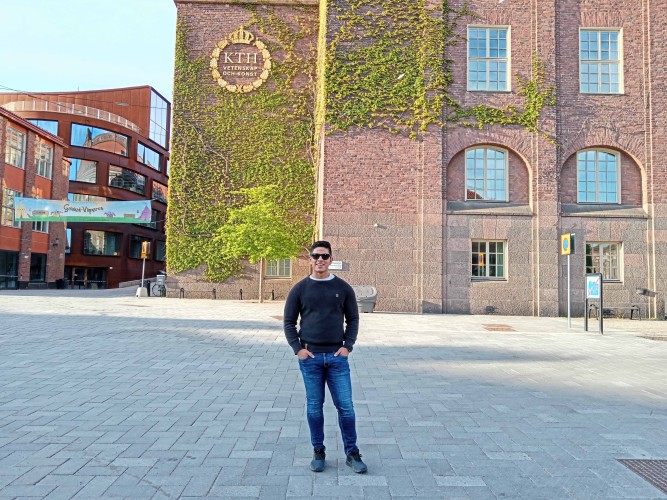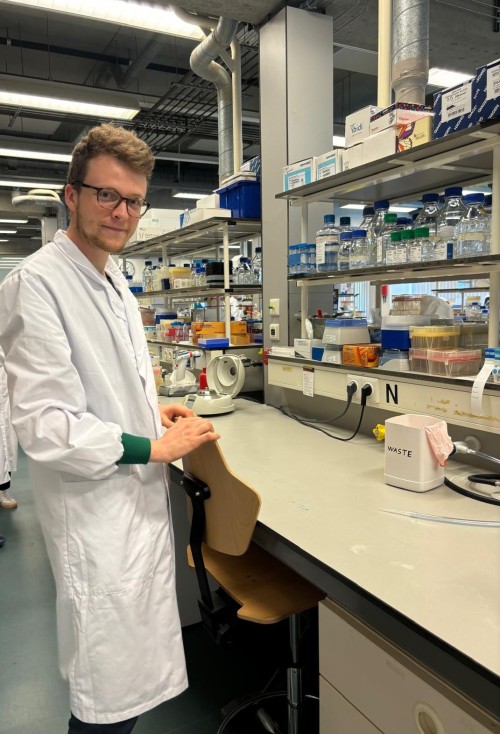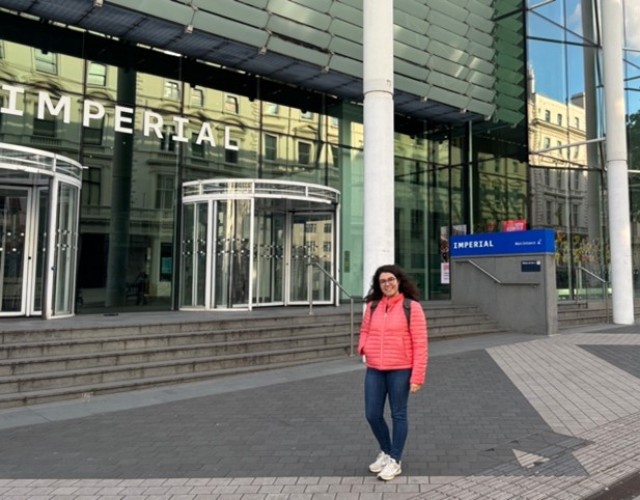Your benefits
Next to a comprehensive research training, as a PhD of the Graduate School Life Science Engineering you will benefit from a variety of activities.
| Interdisciplinary Supervision | Each doctoral student is assigned a Thesis Advisory Committeeto monitor your progress and help you develop an individualised career plan. This interdisciplinary supervision can provide valuable feedback and guidance for your doctoral programme. |
| Mobility Allowance | Doctoral students receive a mobility allowance to support their participation in (inter)national conferences. This enables them to exchange and network with other researchers in their field. In addition, doctoral students are given the opportunity to spend up to three months on a research stay abroad to acquire new laboratory methods and research skills. |
| Extracurricular Seminars and Trainings | The in-house umbrella organization INGENIUM.offers a range of extracurricular seminars and trainings in transferable skills to help PhD students develop skills outside of their specific research area. These skills can include communication, project management, and entrepreneurship. |
| LSE-Seminar | The monthly LSE-Seminar provides a platform for intedisciplinary exchange among PhD students of the Graduate School. The PhD students present their own research projects and methods, external speakers can be invited or scientific excursions organized. The aim of the seminar is to foster interdisciplinary discussions and collaborations among the different departments. The seminar series is supervised and organized by the PhD Committee. |
| Annual Retreat | The Graduate School Life Science Engineering hosts an annual retreat in Kleinwalsertal, Austria, where students can present their progress, network with other researchers, and engage in interdisciplinary discussions. Additionally, the retreat provides opportunities for skiing and other outdoor activities. |
| Laboratory Rotation | PhD students in the Graduate School Life Science Engineering have the opportunity to learn a broad spectrum of methods through laboratory rotation. This can help students gain experience in different research areas and develop new skills that may be applicable to their research. |
Impressions Research Stay Abroad
Jorge L. Romera - KTH Stockholm, Sweden 2023
Being in Stockholm was an invaluable opportunity for networking with researchers and students from other institutions. Moreover, being in a different country allowed me to get to know a different culture, visit amazing places, and I even took part in some of their most famous traditions. To sum up, this research abroad was a fantastic opportunity for personal and professional growth.


Jérémie Marlhens - TU Eindhoven, Netherlands 2023
My time in Eindhoven allowed me to immerse myself in the exciting field of synthetic biology, providing new insights into techniques that I could integrate back into my main research. For anyone in Life Science Engineering, I’d strongly recommend taking advantage of such experiences, as they truly broaden both professional and personal horizons.
Irem Ergenlioglu - ICL London, UK 2024
My secondment at Imperial College London (ICL) was transformative both professionally and personally. I gained new technical skills, connected with leading scientists, and attended scientific conferences, all while living in one of the world's most dynamic cities. I will always look back on this time with immense gratitude and happiness.

Tatjana Schudt - University of Regensburg, Germany 2025
I am really grateful that I had the opportunity for a research stay at University of Regensburg due to the funding by the Graduate School LSE. I learned exciting techniques which I can establish back home and which will help me push my PhD work forward. Meeting other scientists, also with a different research background, definitely expanded my horizon and will continue to help me grow as a scientist. I will certainly cherish the experiences I made and the people I met for a very long time.

